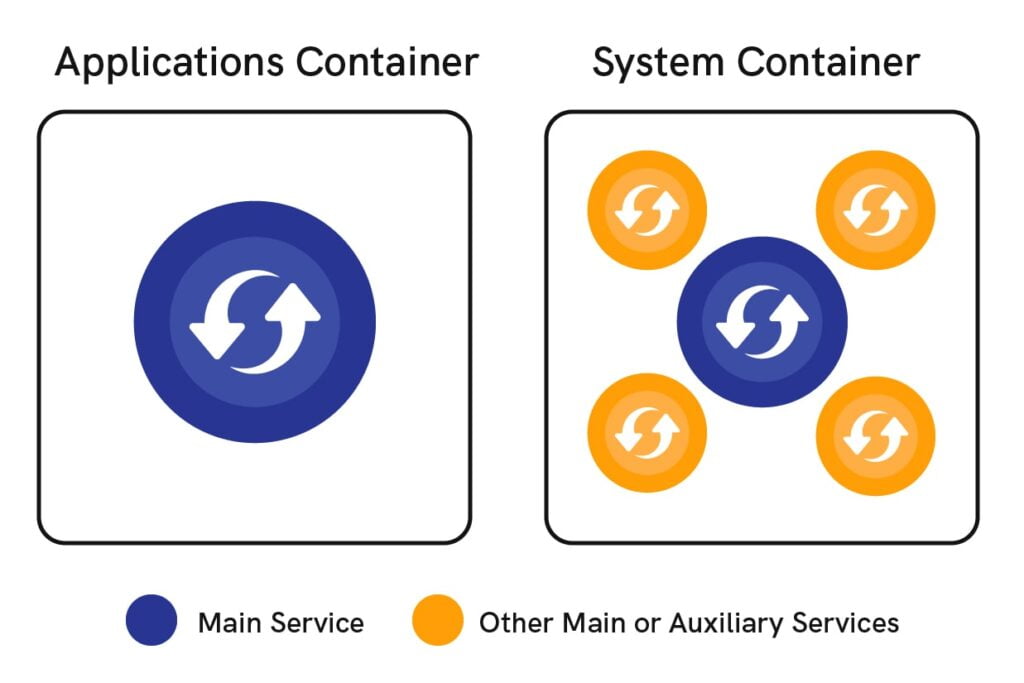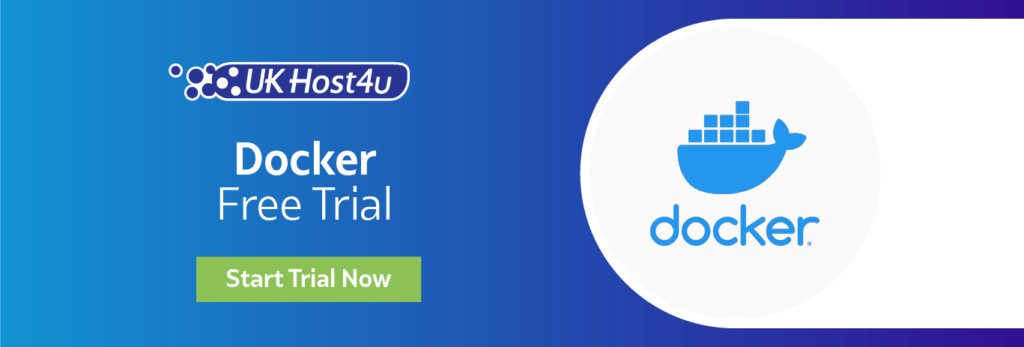Search Knowledge Base by Keyword
What are Application Containers
Cloud Platform Application Containers
An application container is an application, service, or even microservice-centric solution that will run a single process inside the container.
As a result, the application containers promote creating immutable and ephemeral infrastructure.
For example, if you need to update an application or service, then a whole new container is built with the required adjustments from the appropriate image which will replace the existing running container instance.
At the very beginning, the complexity, as well as the lack of proper isolation and incompatibilities of application containers with some technologies such as Java and database runtime, greatly impacted the adoption speed of application containers.
Developers were forced to implement significant adjustments and ensure that their technologies and additional functionalities could be run inside application containers correctly.
Furthermore, as a stateless solution, application containers can’t natively save state information inside, and such operations are redirected to the external persistent storage systems.
According to developers of purely stateless containers though, bringing the state to deployment is an obsolete way of architecture design.
And they assert that the best and cleanest approach for the containers is to perform operations that do not require keeping the state.
As of today, a lot of supplementary tools have been implemented for convenient utilization of services that are using application containers.
So developers can benefit from the highly specialized units of application containers without the downside of complex management.
Today, we are using Docker as the most widely adopted technology for application containers. For convenient utilization of application containers, our platform provides:
- Comprehensive deployment automation,
- Fast server provisioning,
- Stateful data storing/processing tools: sessions, logs, configs, etc.

PLEASE NOTE: Some applications and technologies may however still have problems while migrating to application containers (due to lack of proper isolation, statelessness, and single-process requirements). This is especially relevant for the complex application container orchestration tools like Kubernetes.
In case of difficulties with migration, you should consider system containers as a better-suited alternative for containerization.
Have a question? Need help?
Contact our 24/7 support team using our live chat or our ticket system if you have any questions or need any help with your application containers.

